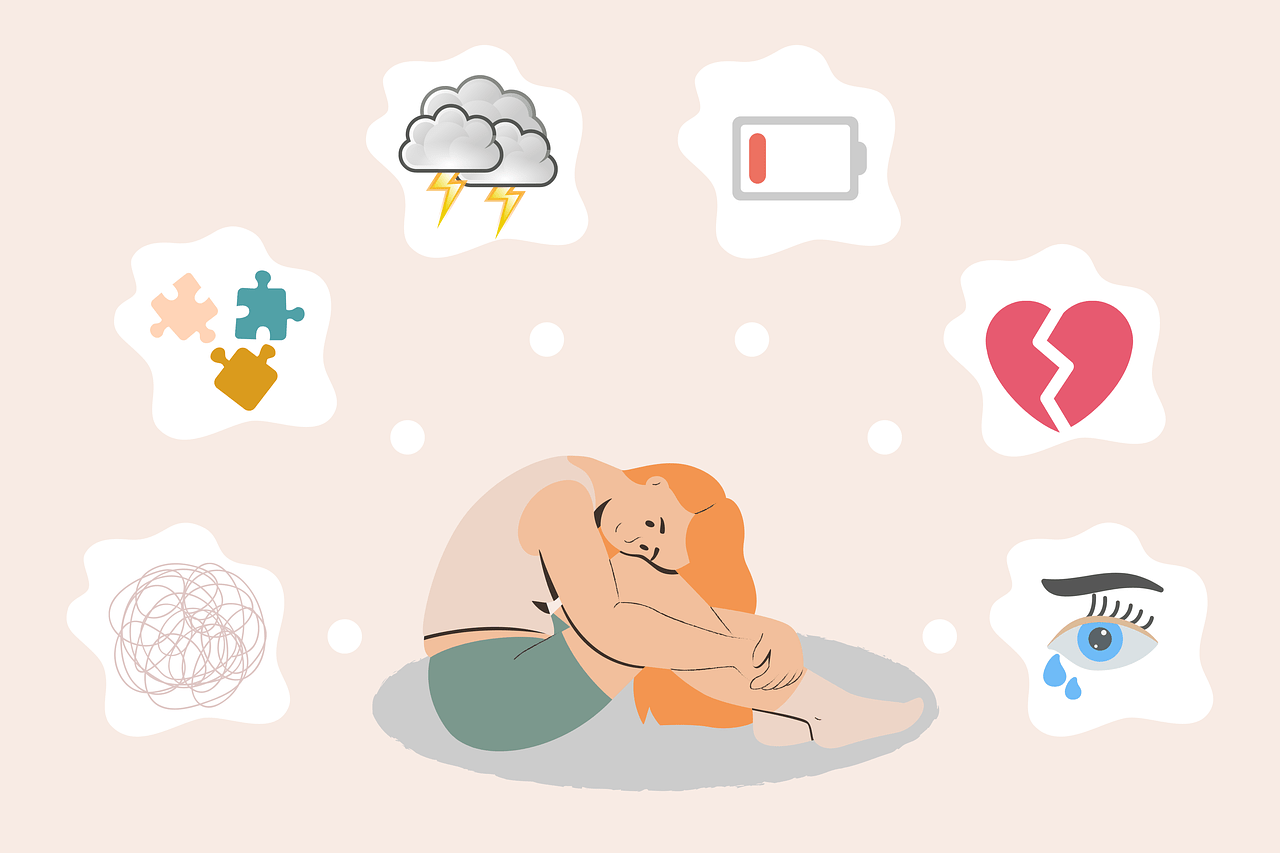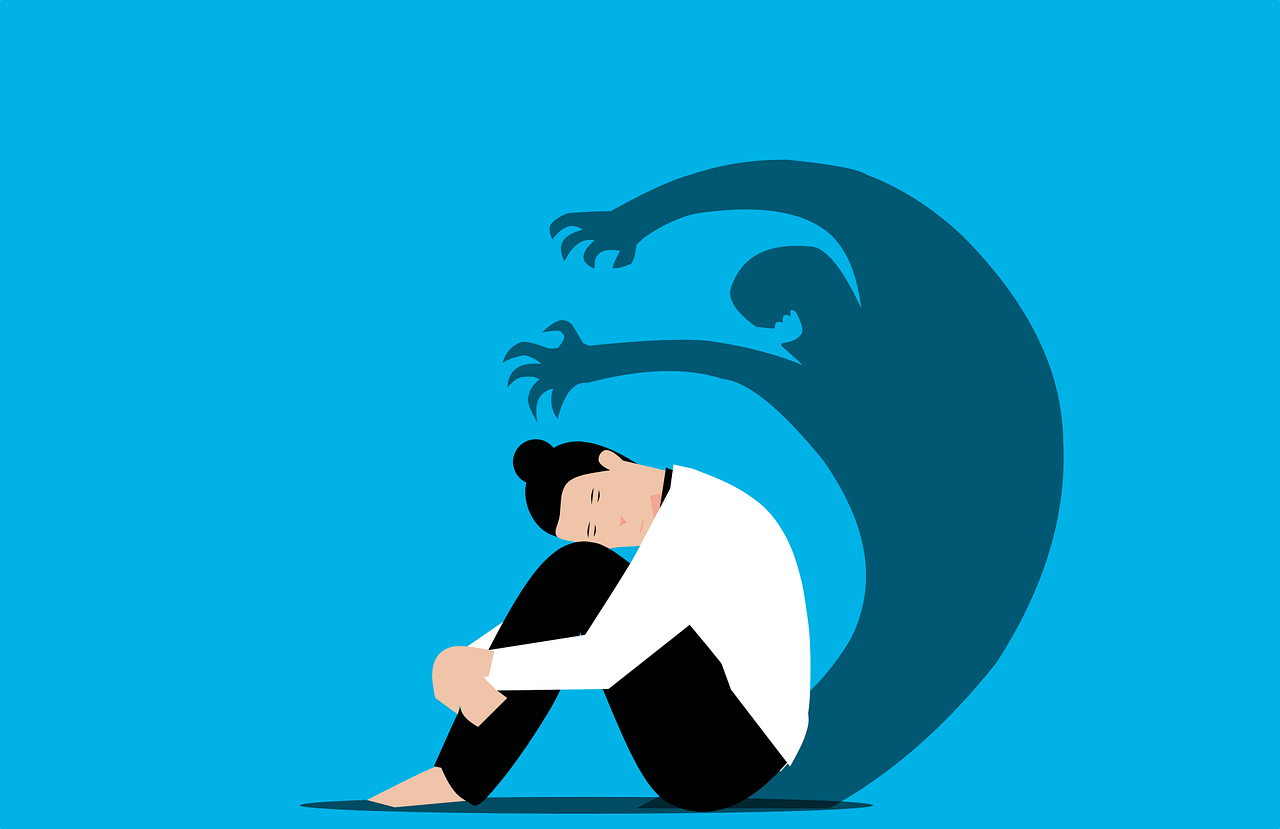In this article, you will explore the fascinating world of behavioral health in the US. You, as an individual seeking to understand the complexities of mental well-being, will delve into the various aspects of this field. From the importance of holistic approaches to the challenges faced by the system, this article aims to provide you with a comprehensive overview of behavioral health in the US. So grab a cup of coffee, sit back, and embark on this enlightening journey with us!
Overview of Behavioral Health
Definition of Behavioral Health
Behavioral health encompasses the mental health and substance abuse aspects of an individual’s well-being. It focuses on how behaviors, emotions, and thoughts contribute to a person’s overall mental and physical health. Behavioral health includes a wide range of conditions and disorders, such as anxiety, depression, addiction, and schizophrenia.
Importance of Behavioral Health
Behavioral health plays a crucial role in an individual’s overall well-being. It affects how a person thinks, feels, and acts, and it impacts their relationships, work productivity, and overall quality of life. By addressing behavioral health concerns, individuals can experience improved emotional well-being, healthier coping mechanisms, and enhanced life satisfaction.
Scope of Behavioral Health in the US
Behavioral health issues are prevalent throughout the United States, impacting individuals from all walks of life. According to the National Institute of Mental Health (NIMH), nearly one in five adults in the US experiences a mental illness in any given year. Substance abuse disorders also affect a significant portion of the population, with approximately 20 million Americans struggling with a substance use disorder.
Prevalence of Behavioral Health Issues
Common Mental Health Disorders
Mental health disorders are highly prevalent in the US and can significantly impact an individual’s daily functioning. Common mental health disorders include anxiety disorders, such as generalized anxiety disorder and panic disorder, as well as mood disorders like depression and bipolar disorder. Additionally, attention-deficit/hyperactivity disorder (ADHD) and post-traumatic stress disorder (PTSD) are also widespread mental health conditions.
Substance Abuse Disorders
Substance abuse disorders, including alcohol and drug addiction, are a significant concern in the US. Substance abuse can not only harm the individual’s physical health but also lead to legal issues, difficulties in personal relationships, and impaired occupational performance. Substance abuse disorders can range from mild to severe, requiring different levels of intervention and treatment.
Impact on Individuals and Society
Both mental health and substance abuse disorders have far-reaching impacts on individuals and society as a whole. Individuals struggling with behavioral health issues often face challenges in maintaining stable employment, building and maintaining relationships, and achieving overall life satisfaction. Additionally, the economic burden on society due to lost productivity, healthcare costs, and criminal justice involvement is substantial.

Access to Behavioral Health Care
Barriers to Access
Despite the prevalence of behavioral health issues, many individuals face barriers when seeking care. Some barriers include a shortage of providers, stigma surrounding mental health, lack of awareness about available resources, and socioeconomic factors. Limited access to transportation, insurance coverage, and availability of culturally appropriate services can also hinder access to behavioral health care.
Health Insurance Coverage
Health insurance coverage plays a vital role in ensuring access to behavioral health care services. The Affordable Care Act (ACA) expanded mental health and substance abuse disorder coverage by requiring insurance plans to provide essential health benefits that include behavioral health services. Additionally, Medicaid and Medicare also cover a range of mental health and substance abuse services.
Mental Health Parity and Addiction Equity Act
The Mental Health Parity and Addiction Equity Act (MHPAEA) is a federal law that requires health insurance plans to provide equal coverage for mental health and substance use disorder treatments as they would for other medical conditions. This law helps eliminate discrepancies in coverage and ensures that individuals have equal access to necessary behavioral health care.
Behavioral Health Workforce
Shortage of Behavioral Health Professionals
There is a significant shortage of behavioral health professionals in the US, limiting access to care for those in need. This shortage is particularly pronounced in rural areas and underserved communities. The demand for mental health and substance abuse services far exceeds the supply of qualified professionals, creating a substantial barrier to timely and effective treatment.
Role of Psychiatrists, Psychologists, and Social Workers
Psychiatrists, psychologists, and social workers all play crucial roles in the behavioral health workforce. Psychiatrists are medical doctors who specialize in diagnosing and treating mental health disorders. Psychologists provide therapy and counseling and conduct psychological assessments. Social workers focus on helping clients navigate social and environmental factors that contribute to their mental health and well-being.
Integration of Behavioral Health into Primary Care
To address the shortage of behavioral health professionals, integrating behavioral health into primary care has become increasingly important. This model involves placing mental health professionals, such as psychologists or social workers, directly within primary care settings. By providing on-site behavioral health services, patients can receive comprehensive care in a convenient and accessible manner.

Treatment Approaches in Behavioral Health
Psychotherapy
Psychotherapy, also known as talk therapy or counseling, is a common treatment approach in behavioral health. Psychotherapy involves working with a trained professional to address mental health concerns, explore thoughts and feelings, and develop coping strategies. Various types of psychotherapy exist, such as cognitive-behavioral therapy (CBT), dialectical behavior therapy (DBT), and psychodynamic therapy.
Medication-Assisted Treatment
Medication-assisted treatment (MAT) is a scientifically proven approach to substance abuse disorders. MAT combines the use of FDA-approved medications, such as methadone or buprenorphine, with counseling and behavioral therapies. This comprehensive approach helps individuals manage withdrawal symptoms, reduce cravings, and prevent relapse.
Support Groups and Peer Support
Support groups and peer support play a crucial role in the recovery process for many individuals with behavioral health issues. Support groups provide a safe and empathetic environment where individuals can share experiences, obtain guidance, and develop a sense of belonging. Peer support programs, where individuals with lived experience of mental health or substance abuse disorders offer support, also contribute to overall well-being.
Challenges in the Behavioral Health System
Stigma Surrounding Mental Health
Stigma surrounding mental health is a significant barrier that prevents individuals from seeking help. People may fear judgment, discrimination, or social isolation if they disclose their mental health concerns. Addressing stigma requires education, advocacy, and creating a supportive environment to encourage open dialogue and acceptance of mental health issues.
Lack of Funding and Resources
The behavioral health system in the US often faces a lack of funding and resources, limiting the availability and quality of care. Insufficient funding can result in longer waiting times, fewer treatment options, and a reduced number of available providers. Increasing investment in behavioral health can lead to improved access, enhanced treatment outcomes, and a more comprehensive support system.
Coordination of Care
The coordination of care within the behavioral health system can be challenging, leading to fragmented services and inadequate support for individuals. Collaboration among different healthcare providers, including primary care physicians, psychiatrists, psychologists, and social workers, is essential to ensure holistic and effective care. Improved coordination can enhance treatment outcomes and overall patient satisfaction.

Addressing Behavioral Health in Special Populations
Children and Adolescents
Behavioral health concerns among children and adolescents are a growing concern in the US. Early intervention and comprehensive support systems are crucial to addressing these challenges. Schools, pediatricians, and mental health professionals play vital roles in identifying and treating behavioral health issues in this population, ensuring that young individuals receive the appropriate care and support.
Veterans and Military Personnel
Veterans and military personnel face unique behavioral health challenges related to their service experiences. Post-traumatic stress disorder (PTSD), depression, and substance abuse are prevalent among this population. Addressing their needs requires access to specialized care, such as trauma-focused therapies and specialized support programs that take into account their unique experiences and circumstances.
Elderly Adults
Behavioral health concerns among elderly adults often go unrecognized and untreated. Depression, anxiety, and cognitive decline are common in this population, and social isolation can exacerbate mental health issues. Increasing awareness, access to geriatric psychiatrists, and providing specialized care in nursing homes and long-term care facilities can help address the behavioral health needs of elderly adults.
Emerging Trends in Behavioral Health
Telehealth and Digital Mental Health
Telehealth and digital mental health services have gained significant prominence, particularly in the wake of the COVID-19 pandemic. These technologies enable individuals to access behavioral health care remotely, eliminating geographical barriers and ensuring continuity of care. Telehealth also facilitates virtual therapy sessions, online support groups, and the delivery of self-help resources and educational materials.
Person-Centered Care
Person-centered care is an emerging trend in behavioral health that emphasizes the individual’s unique needs, preferences, and goals. This approach involves collaborative decision-making, active involvement of the individual in their treatment plan, and tailoring of interventions to suit their specific circumstances. Person-centered care prioritizes autonomy, respect, and shared decision-making.
Cultural Competence
Cultural competence in behavioral health is critical to ensure that individuals receive care that aligns with their cultural beliefs, values, and practices. Being culturally competent means understanding and respecting diverse cultural backgrounds, addressing potential inequalities, and adapting treatment approaches to meet the needs of diverse populations. Culturally competent care promotes equity, inclusivity, and better treatment outcomes.

Policy and Advocacy in Behavioral Health
State and Federal Policies
Both state and federal policies influence access to behavioral health services and shape the overall system. State policies set regulations regarding insurance coverage, funding allocations, and oversight of behavioral health programs. At the federal level, legislation such as the Affordable Care Act and the Mental Health Parity and Addiction Equity Act has significantly impacted behavioral health policies, expanding access to care and improving insurance coverage.
Community-Based Initiatives
Community-based initiatives play a vital role in addressing behavioral health needs at the grassroots level. These initiatives often involve collaborations between local organizations, healthcare providers, and community leaders to raise awareness, provide education, and deliver support services. Community-based initiatives increase access to care, reduce stigma, and foster a sense of community and support.
Promoting Mental Health Awareness
Promoting mental health awareness is crucial in reducing stigma, encouraging help-seeking behavior, and fostering overall well-being. Public education campaigns, mental health screenings, and awareness events play an essential role in increasing knowledge about mental health and normalizing conversations around it. By promoting mental health awareness, individuals can feel more comfortable seeking support and resources when needed.
Future Outlook for Behavioral Health
Integration of Physical and Mental Health Care
The integration of physical and mental health care is an emerging trend that recognizes the interconnected nature of these domains. The integration ensures that individuals receive comprehensive care that addresses both their physical and mental health needs. By breaking down silos between healthcare specialties, this approach aims to improve overall well-being, enhance treatment outcomes, and reduce healthcare costs.
Advancements in Precision Medicine
Advancements in precision medicine, including genetic testing and personalized treatment approaches, hold promise for the field of behavioral health. Precision medicine focuses on understanding an individual’s unique genetic makeup, lifestyle factors, and environmental influences to tailor treatment plans specific to their needs. These personalized interventions have the potential to improve the effectiveness and efficiency of behavioral health care.
Research and Innovation
Ongoing research and innovation continue to advance our understanding of behavioral health and drive improvements in care. Scientific advancements in neuroscience, pharmacology, and therapy modalities contribute to the development of novel treatments and interventions. Additionally, innovative technologies and digital tools hold promise in improving diagnosis, treatment delivery, and remote monitoring of behavioral health conditions.
In conclusion, behavioral health plays a crucial role in the overall well-being of individuals and society. The prevalence of mental health and substance abuse disorders highlights the need for increased access to care and a well-supported behavioral health workforce. Treatment approaches, such as psychotherapy and medication-assisted treatment, address these disorders, while initiatives targeting special populations and emerging trends, such as telehealth and person-centered care, aim to improve care equity and outcomes. Policy, advocacy, and ongoing research are essential for shaping the future of behavioral health and creating a society that prioritizes mental health and emotional well-being.

